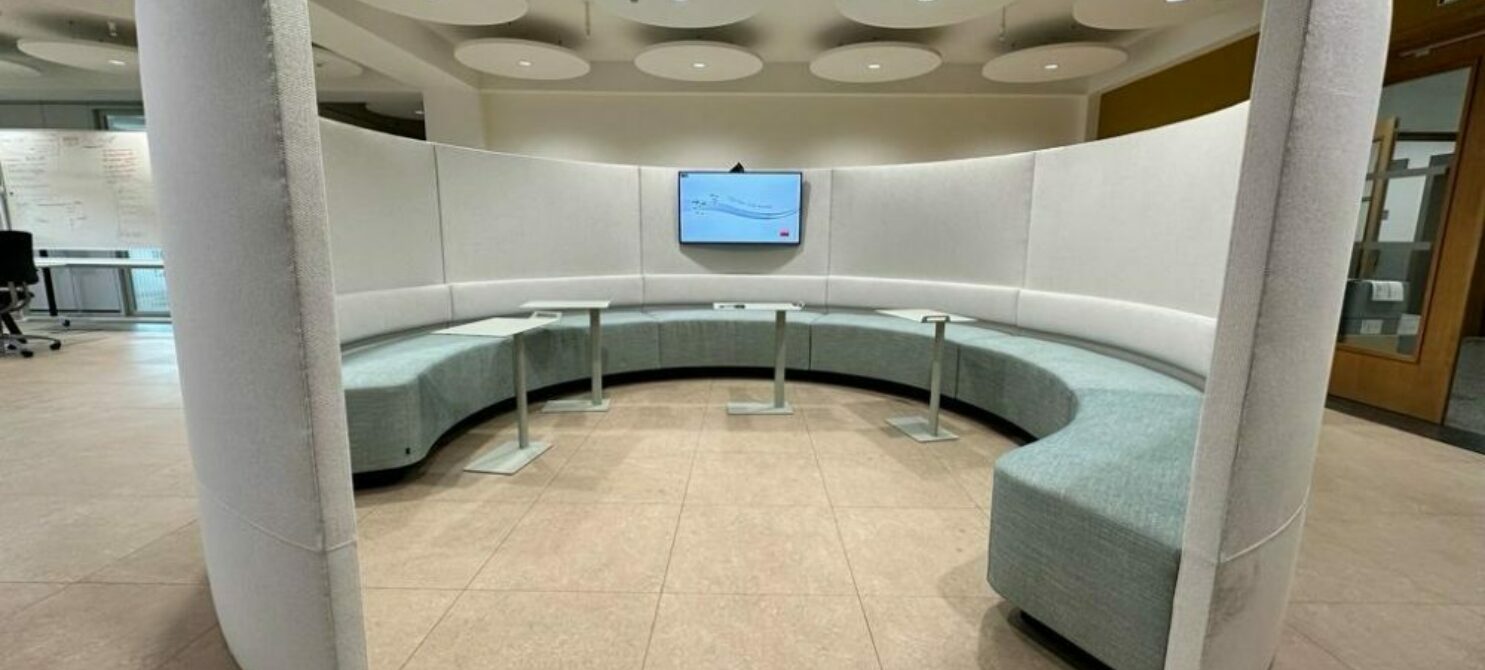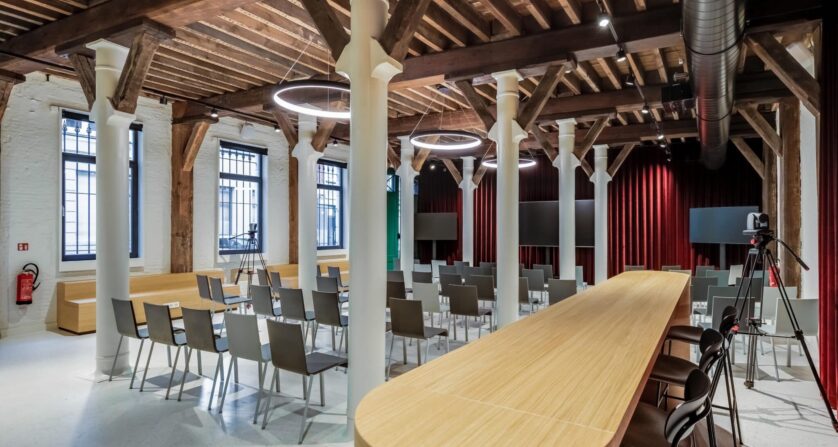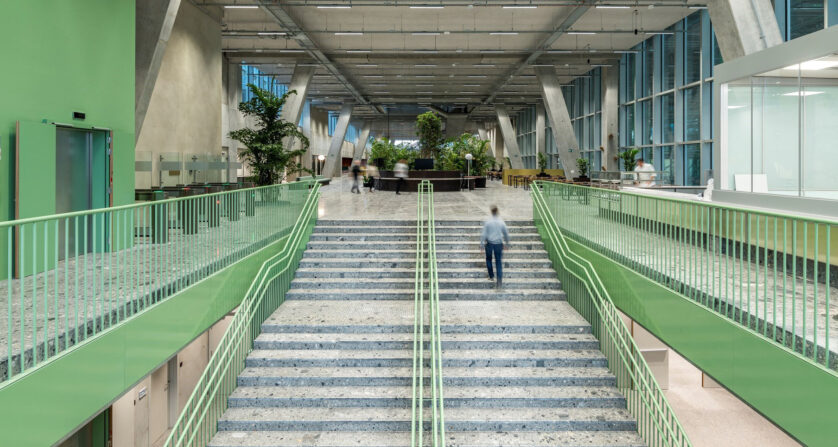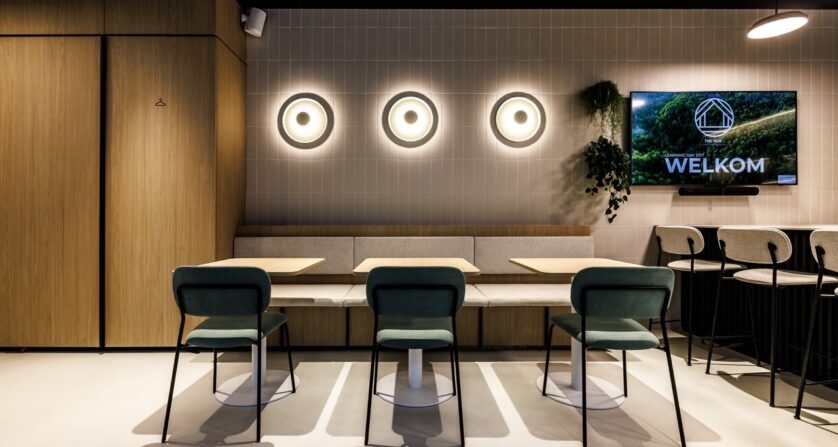Belgian authorities still want their employees to work in a hybrid manner, as they have noticed that the combination of working from home and in the office offers significant benefits. However, hybrid working is much more than doing at home what you used to do in the office, and our authorities are well aware of that. This project was not only about smooth and intuitive hardware but also about the adoption and implementation of collaboration tools within the Flemish Government.
Establishing collaboration within government
Being able to do your job well in a hybrid context and collaborating with colleagues you don't see in the office every day remains quite a challenge. So, hybrid working is not only about how you organize your workday and workweek as an individual. The teamwork aspect is much more crucial than how you as an individual handle your agenda items.
5 days of 9-5 in the office
You could say that hybrid working, in the broader sense, is about how government organizes collaboration, where working 5 days of 9-5 in the office is no longer the norm. This only benefits the retention policy; offering various work models makes it much easier for government to attract new talents.
Hybrid working is mainly about people's behavior
Hybrid working means embarking on a journey of discovery to new ways of collaboration. So, you're talking about more than just ICT and the (home) workplace. In addition to the 'bricks' and 'bytes,' it's also about 'behavior.' A government that wants to work hybrid must evolve into a flexible and smart organization. This naturally brings various unspoken expectations and practices to the surface.
Many issues during the adoption phase
Because how do you stay connected when you work everywhere and anywhere? How do you, as a manager, talk to your team members about their results? How often does the team meet in the office, and what do you do with colleagues who prefer to do their own thing? You will have to address all these underlying issues. This is an inspiring process because you are rebuilding your organization together. Digitopia supports you where necessary; we can always look back on similar cases and often inspire clients. However, there is no one-size-fits-all solution; every organization works differently.
How to make a team flourish and collaborate well?
Much of what used to happen automatically is no longer so straightforward due to hybrid working. A new context often requires new norms: what works and what doesn't? And how do we deal with it when someone deviates from them? Think together about: what process agreements will help us collaborate smoothly as a team? Over time, you will probably need to review these agreements periodically.
Culture eats strategy for breakfast
This new work model requires something different from before: different competencies and a new style of leadership. If this doesn't happen, remote and hybrid working are 'organized away': 'culture eats strategy for breakfast' in that case.
Conclusion and Thank You
The Flemish government made significant strides in remote (collaborative) working during the COVID-19 pandemic. They did this by focusing heavily on flexibility, adaptability, and digital workplace facilities. Meanwhile, a few years have passed, and we look back on a successful implementation of location- and time-independent working: hybrid working works! Thank you for the trust!





